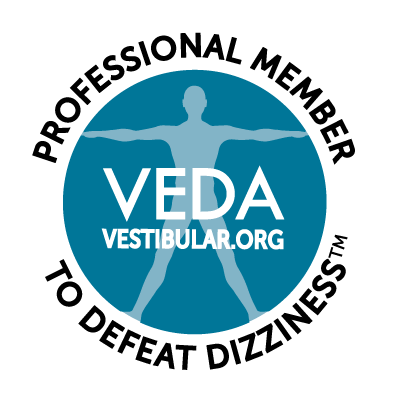4 Common Myths Debunked About Concussion in Sport for Parents

Written by: Codi Isaac, PT, Concussion Physiotherapist
Date: May 16, 2019
As a parent, you want the best for your kids and help them achieve their potential in their sports.
But injury seems to get in the way sometimes. And there’s something about concussions that can add an extra level of worry for parents that a typical ankle or knee sprain doesn’t.
Concussions can feel more unknown and unpredictable. And with the increased awareness surrounding concussion in the media, our worries can increase a little more.
Parents can feel like they're not quite sure what to believe regarding the concussion information out there.
In this article I want to debunk 4 common beliefs about concussion every parent should know.
There are sports where the risk for concussion are known to be high such as hockey, football, and rugby.
But there are also sports like baseball, cheerleading, lacrosse and ringette that have a high incidence of concussion as well.
If your child is in a sport with an increased risk of concussion you want to make sure you’re prepared with facts and not myths.
Why?
Because you are the decision maker for your child and have significant influence in shaping the beliefs, behaviours and attitudes around recovery. Plus, you will be making decisions on who to see for concussion management and treatment.
Let’s jump in!
The first myth to debunk is this one:
#1: Rest is the only or best treatment for a concussion.
The myth that most parents believe about concussion is that REST is the only and best treatment for a concussion. And it’s something that can delay recovery for young athletes.
Yes, a short period of rest is appropriate.
But...
Physical and mental activity is essential for recovery.
Activity helps to limit the effects of depression and anxiety and preserves fitness levels for those who are injured.
This next myth is a rule that has persisted in our society’s psyche, but can be harmful for recovery:
#2: After a concussion you need to be woken up every hour.
Again this is a common belief that unfortunately does not help a concussion and in fact can delay recovery.
It’s important to avoid this strategy. It’s best to allow a young athlete to sleep as much as they want during the first 48 hours. There’s no need to force sleep. But also avoid interrupting sleep.
A good comparison is to think if you were sick with the flu. You would sleep as much as you felt you needed to give your body an opportunity for recovery. The same can be applied with concussion. Healthy sleep is need to allow for brain recovery.
It’s important during concussion recovery to keep a good sleep routine as this encourages recovery. Poor sleep can make any and all symptoms of concussion much worse.
#3: Helmets and mouth guards can prevent concussions.
There’s been a lot of media attention recently about helmets and mouth guards and their ability to prevent concussions, but be wary of those claims.
Unfortunately the data does not support this claim. Helmets protect against skull fracture and significant brain injury very well, but do not protect against concussion. Now don’t get me wrong, wearing protective equipment for your child’s sport is imperative. It’s just important to recognize the limitations of our safety equipment.
A motto I like to share with patients is the right helmet is the one that is on your head when you need it.
That includes during practices and tryouts as that’s when the risk of concussion injury is at its highest.
#4 A Concussion requires a hit to the head.
This is the final belief that I want to debunk when it comes to concussion.
It’s a common belief that you have to have a blow to the head in order to sustain a concussion. But it’s important to understand that a concussion can occur to a hit to the body.
With a hit to the body, the head’s position rapidly changes resulting in sudden movements of the brain within the skull which can result in a concussion.
Having the Right Information is Key With Concussions
As you can see, knowledge is power. Having the right information about concussion recovery and prevention can help to reduce some of the anxiety that exists around concussions.
Parents play a pivotal role in helping their child overcome their concussion.
But the key is getting the right information.
I find that parents can gravitate to one of two extremes when their child gets a concussion.
What's interesting is that both responses share a common root cause.
Next up, I want to share more about those two common responses from parents and 3 key ways that parents play a pivotal role in their child's recovery.
Here are some of the organizations Codi is involved with:





© 2019 Isaac Physiotherapy. All Rights Reserved.